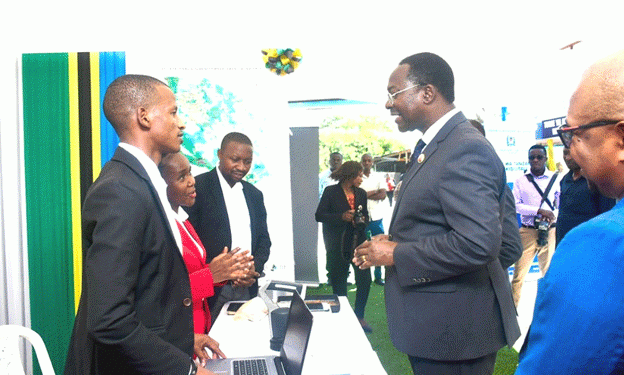In an effort to boost agricultural productivity and food safety, the Ministry of Agriculture has provided valuable education to the residents of Dodoma on soil health and aflatoxin management. This initiative, part of the Public Service Week celebrations held on June 19, 2024, at Chinangali Park in Dodoma, seeks to empower farmers with the knowledge and tools needed to optimize their farming practices.
Importance of Soil Health Education
Soil health is fundamental to successful farming. Understanding soil properties, nutrient content, and the suitability of soil for specific crops can significantly impact yield and sustainability. During the event, agricultural experts from the Ministry emphasized the importance of soil testing and identification of soil types best suited for various crops. This knowledge enables farmers to make informed decisions, resulting in higher productivity and better crop quality.
Recent studies have highlighted the critical role of soil health in sustainable agriculture. According to the Food and Agriculture Organization (FAO), proper soil management can increase crop yields by up to 58% in certain regions. This underscores the necessity of regular soil testing and appropriate soil management practices to achieve optimal agricultural output.
Addressing Aflatoxin Contamination
Aflatoxin, a toxin produced by certain fungi, poses a significant threat to food safety and agricultural productivity. It can contaminate crops both in the field and during storage, leading to severe health risks and economic losses. The Ministry’s education program also covered best practices for preventing aflatoxin contamination, including proper drying and storage techniques.
The World Health Organization (WHO) reports that aflatoxin contamination can lead to serious health issues, including liver cancer and stunted growth in children. By educating farmers on preventive measures, the Ministry aims to mitigate these risks and ensure safer food supplies.
Farmer Testimonials and Government Support
Beneficiaries of this educational initiative have expressed their appreciation for the Ministry’s efforts. Olav Mkopi, one of the participants, praised the program and suggested the distribution of agricultural books and journals to rural areas to further disseminate this valuable knowledge. Sauda Andrew, another beneficiary, expressed confidence that her newly acquired knowledge would lead to more productive farming practices.
The event also garnered attention from high-level government officials. Minister of State for Public Service Management and Good Governance, Hon. George Boniface Simbachawene, visited the Ministry’s booth and recommended increasing the availability of soil testing equipment (soil scanners). He emphasized the importance of widespread soil health testing to enhance crop productivity and ensure sustainable agricultural practices.
The educational efforts by the Ministry of Agriculture in Dodoma mark a significant step towards sustainable agriculture. By focusing on soil health and aflatoxin management, the initiative equips farmers with essential knowledge and tools to improve crop yields and ensure food safety. The continued support and investment in these areas will be crucial for the long-term success and resilience of the agricultural sector in Dodoma and beyond.
Error




